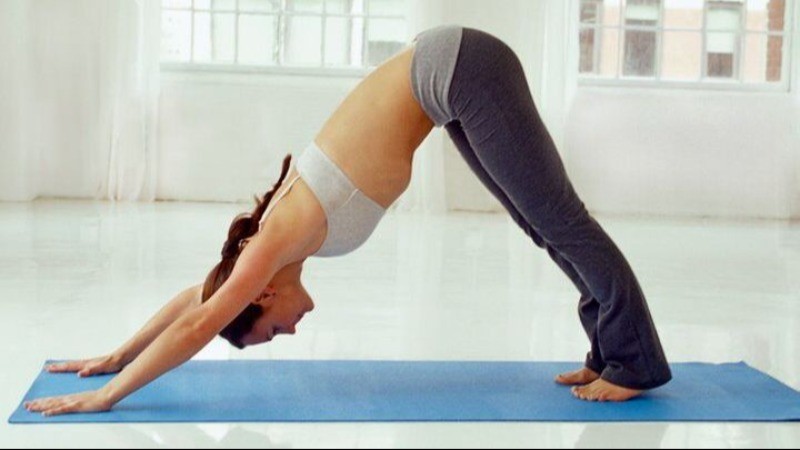As we observe World Arthritis Day on October 12, it's crucial to raise awareness about this prevalent condition that affects millions globally. Arthritis encompasses over 100 different types, with the most common being osteoarthritis and rheumatoid arthritis. These conditions lead to swelling and tenderness in one or more joints, resulting in debilitating symptoms such as joint pain, stiffness, and reduced mobility. While medication and lifestyle changes play vital roles in managing arthritis, incorporating yoga into your routine can significantly alleviate symptoms and improve overall well-being.
Understanding Arthritis
Arthritis affects individuals of all ages, backgrounds, and fitness levels. It can stem from various causes, including wear and tear on the joints, autoimmune diseases, and genetic predispositions. Symptoms often vary in intensity, and some individuals may experience flare-ups while others may have periods of remission. Common types of arthritis include:
- Osteoarthritis: The most prevalent form, characterized by the degeneration of cartilage and underlying bone, usually due to aging and overuse.
- Rheumatoid Arthritis: An autoimmune disorder that occurs when the immune system mistakenly attacks the joints, causing inflammation.
- Psoriatic Arthritis: A condition that affects some people with psoriasis, leading to joint pain and skin symptoms.
The Role of Yoga in Managing Arthritis
Yoga, an ancient practice that combines physical postures, breathing exercises, and meditation, can be particularly beneficial for individuals suffering from arthritis. Here are some key benefits:
- Improved Flexibility: Regular yoga practice can enhance joint flexibility, allowing for a greater range of motion. Poses like Cat-Cow and Child's Pose gently stretch the muscles surrounding the joints, easing stiffness and discomfort.
- Enhanced Strength: Many yoga poses, such as Warrior and Tree Pose, help build muscle strength around the affected joints. This added strength provides better support, reducing the risk of injuries and further joint damage.
- Pain Relief: Yoga can stimulate the release of endorphins, the body's natural pain relievers. Mindful movements and stretches can alleviate tension and pain in the joints.
- Stress Reduction: Chronic pain often leads to emotional stress. Yoga promotes relaxation through deep breathing and mindfulness techniques, which can help reduce stress levels and improve overall mental health.
- Improved Posture: Proper alignment and posture are crucial for joint health. Yoga teaches awareness of body mechanics, helping individuals maintain better posture, which can reduce the strain on joints.
- Low-Impact Exercise: Unlike high-impact workouts, yoga is a low-impact form of exercise, making it suitable for those with arthritis. It allows for movement without putting undue stress on the joints.
- Recommended Yoga Poses for Arthritis Relief
When practicing yoga for arthritis, it’s essential to choose poses that are gentle and supportive. Here are some beneficial poses to consider:
- Cat-Cow Stretch: This dynamic pose warms up the spine and improves flexibility.
- Child’s Pose: A restorative pose that stretches the back and shoulders while promoting relaxation.
- Seated Forward Bend: This pose gently stretches the hamstrings and lower back.
- Gentle Twists: Twisting poses can help improve spinal mobility and relieve tension in the back.
- Legs Up the Wall: This restorative pose promotes circulation and helps reduce swelling in the legs.
Tips for Practicing Yoga Safely
- Listen to Your Body: Pay attention to how your body feels during practice. If a pose causes pain, modify or skip it.
- Start Slow: Begin with beginner classes or gentle yoga sessions tailored for arthritis patients.
- Use Props: Yoga blocks, straps, and bolsters can provide support and make poses more accessible.
- Focus on Breathing: Incorporate deep breathing into your practice to enhance relaxation and pain relief.
On this World Arthritis Day, let us recognize the importance of raising awareness about arthritis and the myriad ways to manage its symptoms. Incorporating yoga into your daily routine can be a powerful tool for those living with arthritis, promoting physical health, emotional well-being, and a better quality of life. Embrace the journey toward healing and relief through mindful movement and appreciation for your body.
